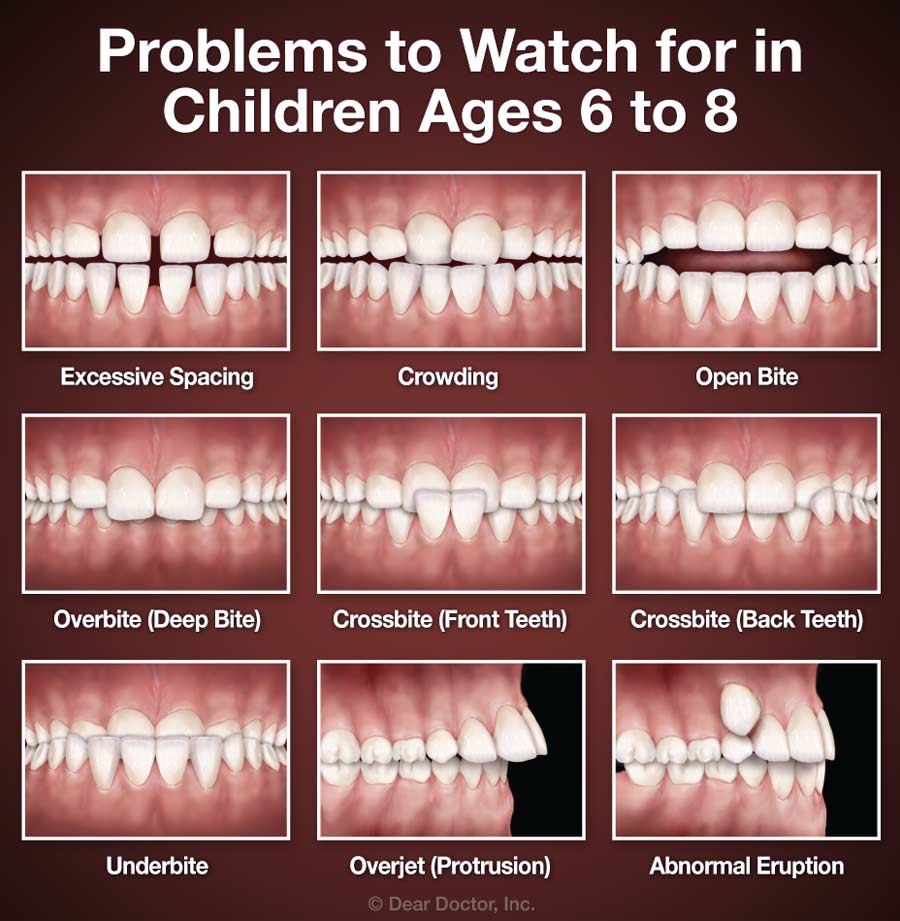Early Orthodontic Treatment in Allen, TX
Ensuring your child’s smile is healthy starts with early orthodontic evaluation. At Allen Orthodontist, we follow the American Association of Orthodontists’ recommendation that children receive their first orthodontic screening by age 7. This visit allows Dr. Maryam Mojdehi-Barnes to assess whether treatment is needed and determine the best timing for care. Your family dentist may refer your child earlier if any concerns are identified.
Why Evaluate at an Early Age?
Early diagnosis and treatment offer several advantages for your child’s dental development:
- Guides Teeth Positioning: Helps erupting teeth move into the correct position.
- Preserves Space: Maintains room for permanent teeth to grow in.
- Protects Protruding Teeth: Reduces the risk of injury to prominent front teeth.
- Encourages Proper Jaw Growth: Guides jaw development and permanent tooth alignment.
- Corrects Habits: This can help address thumb-sucking, tongue thrusting, and mouth breathing, which may impact jaw growth and tooth positioning.
- Prevents Complex Issues: Conditions such as severe crossbites or crowding are often easier to address while a child is still growing, reducing the need for more complex treatments later.

Does Early Treatment Benefit All Kids?
Not all children need early orthodontic treatment. Some orthodontic concerns are best addressed during adolescence when permanent teeth have fully erupted. If Dr. Mojdehi-Barnes finds that your child isn’t ready for treatment, they will be enrolled in our Orthodontic Supervisory Program to monitor their dental development until the right time for treatment.
What is the Orthodontic Supervisory Program?
This no-cost program allows us to track your child’s dental growth every 6-12 months, monitoring permanent teeth as they emerge. Early intervention, such as removing baby teeth or using palatal expansion, can improve future treatment outcomes and reduce the time needed for braces. We’ll also update your family dentist about any recommendations from each visit.
Common Early Treatment Issues
Some orthodontic conditions, such as common bite problems, require intervention before adolescence to prevent long-term complications. These may include:
- Severe Crossbite: When upper teeth close inside the lower teeth, a palatal expander may be recommended to widen the upper jaw gradually.
- Severe Crowding: If the jaws are too small to accommodate permanent teeth, palatal expansion or selective tooth removal can help guide proper eruption.
- Underbite: A significant lower jaw overgrowth can cause bite issues, often requiring early orthodontic appliances to guide development.
- Open Bite: Thumb-sucking or tongue thrusting can create spacing between upper and lower teeth, affecting speech and bite function.
- Mouth Breathing: Chronic mouth breathing can impact facial growth and jaw alignment, sometimes requiring early orthodontic intervention.
Additional Benefits of Orthodontic Treatment
Orthodontic care goes beyond a beautiful smile. It also:
- Improves bite function.
- Makes it easier to clean teeth and gums.
- Helps prevent premature tooth wear.
- Supports long-term dental health and tooth longevity.
Will Early Treatment Prevent Braces Later?
Early treatment can address significant issues and simplify future care. However, since permanent teeth may not be fully aligned during early treatment, a shorter Phase II treatment (full braces) is often recommended during adolescence. In some cases, no further treatment is needed after early care.
Regular Dental Visits During Treatment
Orthodontic appliances require extra care to maintain oral health. We recommend that you see your family dentist more frequently for regular check-ups and cleanings during orthodontic treatment. This helps ensure a healthy, long-lasting smile.